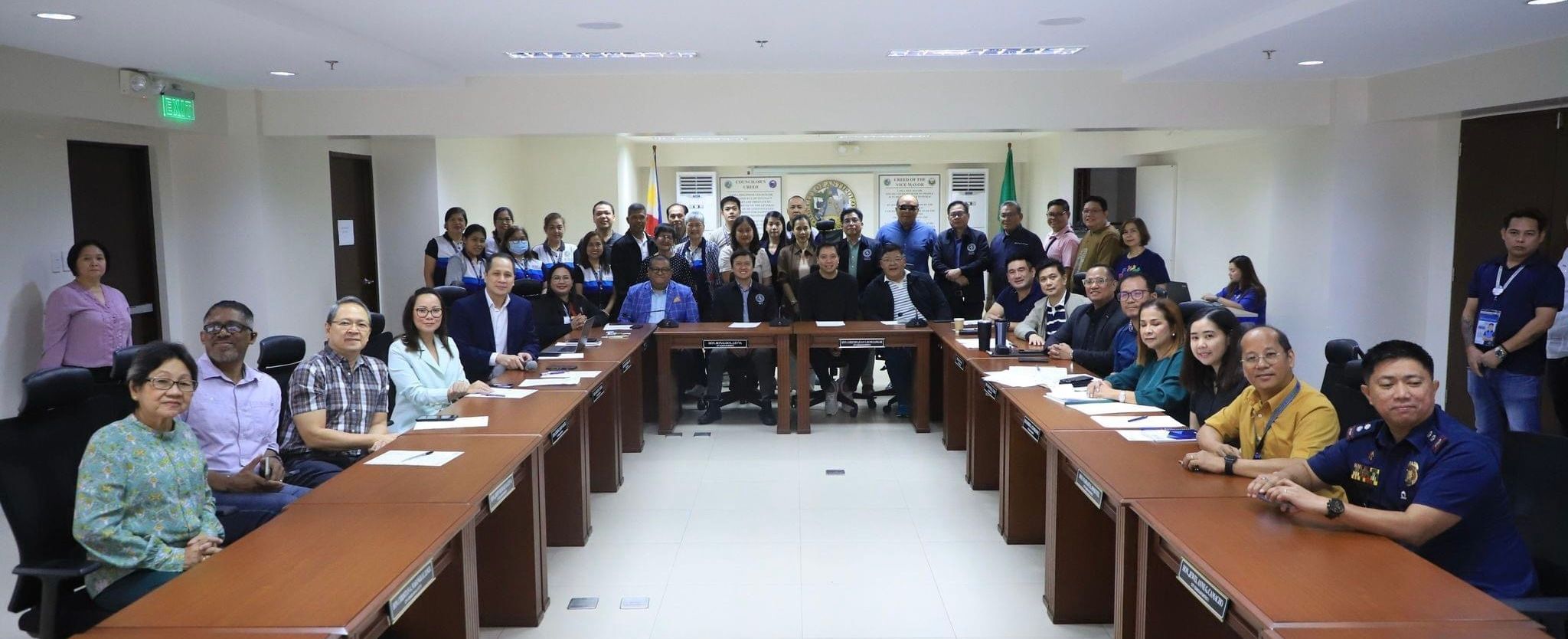The Antipolo City local government, in partnership with the Department of Justice (DOJ), recently launched the Barangay Inter-Agency Council Against Trafficking (IACAT) 2.0 as part of its expanded efforts to curb human trafficking and boost the public's awareness on the pros and cons of modern technology.

(Photo from Mayor Jun Ynares)
Despite being a great help in connecting people and the seamless dissemination of information, Antipolo City Mayor Jun Ynares said information and communication technology (ICT) is also being used in crimes, especially in trafficking of the youth.
Ynares noted that modern human trafficking is being done usually online through social media with victims not knowing where to file charges and who have succumbed to fear or embarrassment.
"Sa Antipolo, matagal na natin kinakalaban ito kaya naman hindi tayo nagdalawang isip nung piliin tayo ng DOJ para ilunsad ang kanilang Barangay Inter-Agency Council Against Trafficking 2.0 na layuning ipalaganap ang batas na R.A. 11930 o Anti-Online Sexual Abuse or Exploitation of Children (OSAEC) & Anti-Child Sexual Abuse or Exploitation Materials (CSAEM) Act (We have long been fighting human trafficking here in Antipolo, that's why we didn't give a second thought when the DOJ asked if they could launch their Barangay Inter-Agency Council Against Trafficking 2.0 with the goal of boosting the public's awareness about R.A. 11930 or the Anti-Online Sexual Abuse or Exploitation of Children and Anti-Child Sexual Abuse or Exploitation Materials Act)," the mayor said.
Victims and their relatives may also report their cases to the City Prosecutor’s Office (CPO), City Social Welfare Department (CSWD), and the Philippine National Police (PNP).
Aside from the IACT 2.0, the city government also has its Recovery and Reintegration Program for Trafficked Persons (RRPTP).
Under the program, individuals who fall victim to human trafficking and online and commercial sexual abuses are provided with financial assistance and counseling to help them recover from their trauma.
"Bawat isa ay nakatanggap ng livelihood assistance na nagkakahalaga ng P10,000, tulong upang muli silang makapagsimula. Bukod ito sa nauna na nating ibinigay na kaparehong halaga para din sa pangkabuhayan (Each victim will receive livelihood assistance worth P10,000 for them to be able to start again. This is apart from the P10,000 we have initially distributed to them)," Ynares said.
"Patuloy rin po ang ating paghahatid ng recovery at reintegration services upang matugunan ang psychosocial, social, at economic needs ng victim-survivors. Tuloy-tuloy rin po ang ating pagpapatibay ng ating community-based systems upang maiwasan ang sinuman na maging biktima din ng trafficking (We are continuously providing them with recovery and reintegration services to respond to the psychosocial, social, and economic needs of victim-survivors. We are also strengthening our community-based systems to prevent anyone from falling victim to trafficking)," he added.